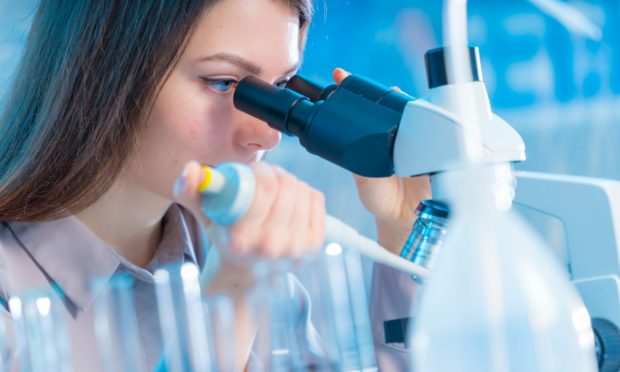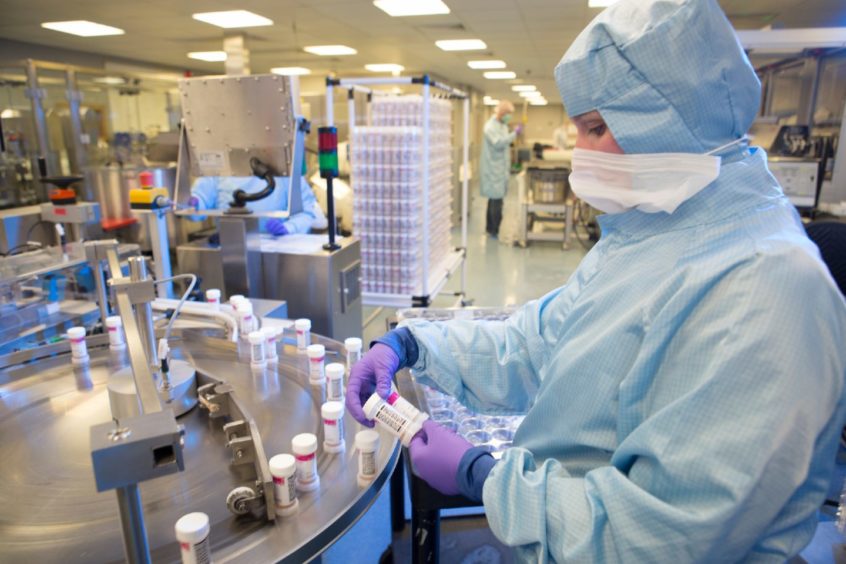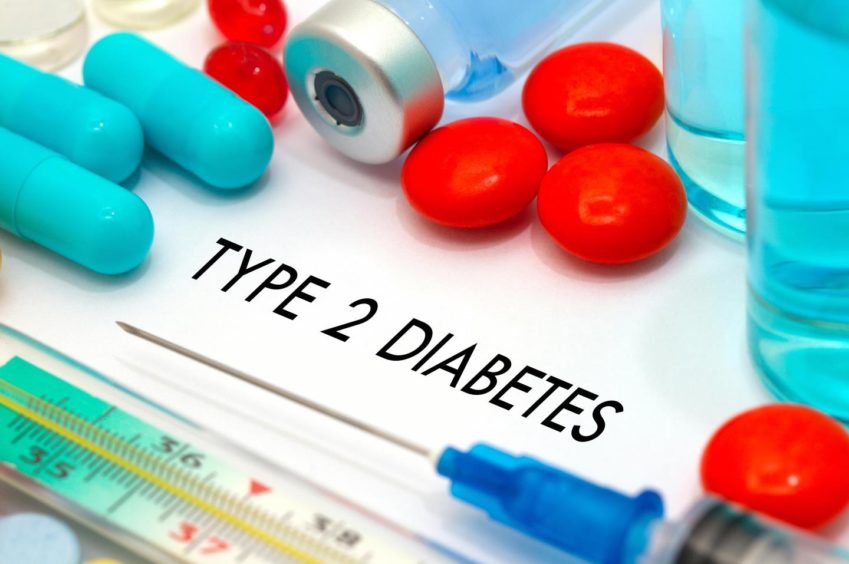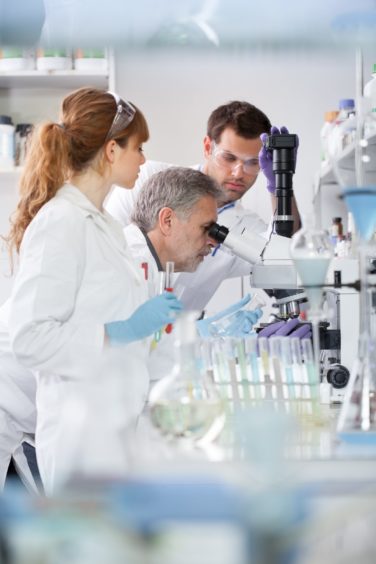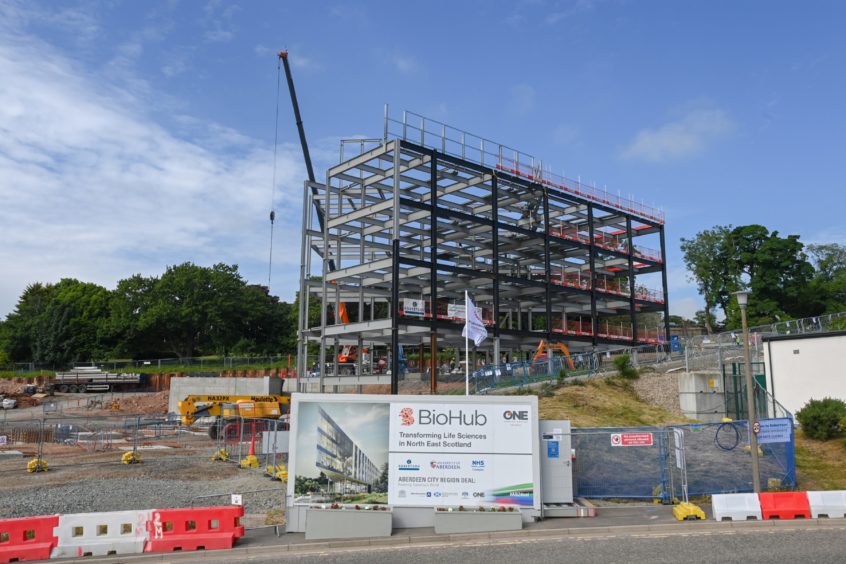A novel treatment for diabetes and mobile scanner for head injuries are among projects set for take-off after the latest Opportunity North East (One) life sciences accelerator programme.
Eight researchers and academics from Aberdeen and Robert Gordon universities took part.
The eight-week course used a range of start-up tools to help life sciences entrepreneurs test and develop business models to meet the needs of customers and attract funding and investment.
Participants are being supported by mentors following completion of the programme.
One life sciences development director Lorna Duguid said the initiative – launched in 2017 – helped to further strengthen the north-east’s reputation in a key sector for regional economic growth.
She added: “Aberdeen’s life sciences community is pioneering research to address global health challenges including cancer, diabetes and dementia.
“The University of Aberdeen was recently named one of the top 10 universities in the UK for life sciences spinouts since 2011.
“The accelerator equips academics and researchers with the knowledge and tools to commercialise innovation, get solutions to market to benefit patients and provide new, high-value jobs in the region.”
Research scientists Ruta Dekeryte and Andrew McEwan are working on new drugs to treat type 2 diabetes and prevent a build-up of fats, cholesterol and other substances on artery walls in a project run by Cohen Global Pharmaceuticals at Aberdeen University.
The pair were among those who took part in the latest One life sciences accelerator.
Ms Dekeryte said: “We were very excited to be offered an opportunity to take part. It helped us visualise the journey towards commercialisation as we aim to make a difference to the quality of life for people who have type 2 diabetes and cardiovascular diseases.
“We greatly appreciated the opportunity to meet experts from the business world who shared valuable experience with us, as well as excellent support and mentorship.”
Aberdeen’s life sciences community is pioneering research to address global health challenges including cancer, diabetes and dementia.”
Lorna Duguid, life sciences development director, One.
Also taking part in the programme was Nadimul Faisal, a reader in mechanical engineering at Robert Gordon University.
Mr Faisal is developing a scanner for use in ambulances to assess head injuries resulting from road traffic and sports accidents.
He said: “I aim to help major trauma consultants who want to assess a patient’s head injury in the back of an ambulance to maximise pre-hospital care decision-making, reduce time loss and enhance resource allocation.
‘Fantastic opportunity
“The One accelerator programme gave me a fantastic opportunity to connect with a range of ambulance staff and paramedics in Scotland to inform product development, and it has opened a new entrepreneurial opportunity for my start-up company d-Finger.”
Scotland’s £6 billion life sciences industry is growing by more than 10% a year and employs 2,500 people in and around Aberdeen.
Action and investment to double the number of companies in the sector across the north-east are expected to drive green economic recovery and create new jobs.
One’s aim for life sciences – part of wider ambitions for the region – is to build a “dynamic cluster and location” for businesses by stimulating increased innovation, collaboration and commercialisation
The economic development partnership is also leading the delivery of the £40 million BioHub currently under construction on the Foresterhill Health Campus in Aberdeen.
BioHub will be home for up to 400 scientific entrepreneurs in start-up and scaling businesses.
It is part-funded by the UK Government and Scottish Government via the Aberdeen City Region Deal and One, and being delivered in partnership with Aberdeen University NHS Grampian.
